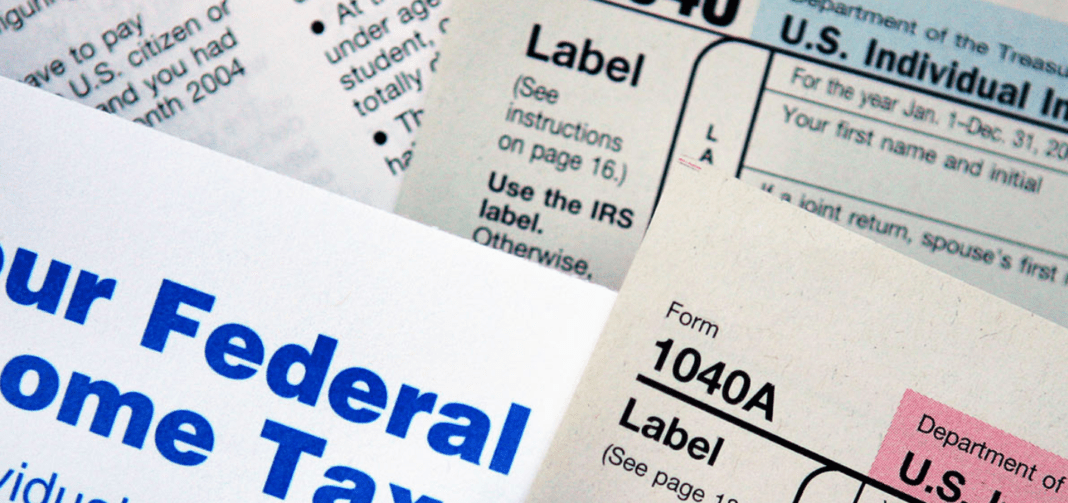In the face of massive corporations and growing income inequality, leaders around the world are making a push for a global minimum corporate tax rate — joined by the United States under the Biden administration. With support from the U.S., leaders are hopeful that negotiations for the new minimum tax rate will progress to a symbolic agreement sometime during the summer.
Italian Finance Minister Daniele Franco said in a G20 meeting on Wednesday that he views the United States joining the push for a global minimum corporate tax rate as an “acceleration” of discussions that have been taking place for several years. G20 nations are hopeful that they will be able to reach an agreement on a tax rate by July.
Discussions about a global minimum corporate tax rate were reinvigorated in the United States by Treasury Secretary Janet Yellen, who feels that a global rate could help level the playing field and work to prevent increasing income inequality. She is joined by President Joe Biden, who wants to raise the domestic corporate tax rate from 21 percent to 28 percent and set a 21 percent tax on foreign earnings to help fund social spending programs. However, the only way that the Biden administration can force corporations to pay a higher tax rate is by reaching a global agreement that prevents them from paying their taxes in nations with low rates. For example, Ireland attracted some of the world’s largest companies, including tech giants in the United States, by lowering their corporate tax rate to just 12.5 percent.
Although a global corporate tax rate could theoretically help reduce income inequality and monopolization, it is unclear whether an agreement between G20 and the Organization for Economic Cooperation and Development (OECD) would carry enough weight to force international corporations to pay higher taxes. Additionally, support from the United States is not necessarily a guarantee that negotiations for the higher tax will progress. The tax rate proposed by the OECD only comes to 12.5 percent, compared to the 21 percent in the United States, and the organization will also need to regulate where corporations pay taxes — either where they are based or where they conduct their business.
Many nations around the world have differing views on where corporations should pay taxes. FOr example, the United States feels that corporations should pay taxes where they are based, out of fear of losing revenue from companies like Amazon, Apple, and Google. In response, countries like France and the United Kingdom have introduced digital sales taxes to earn revenue from transactions with corporations outside of their jurisdiction.
Ultimately, it is unlikely that an agreement on a global minimum corporate tax rate will ever be able to make impactful changes to tax systems around the world. Even if a symbolic agreement is reached, nations that disagree with the tax rate can introduce additional tax cuts or exemptions that keep corporations from paying higher taxes. In effect, the agreement would likely only function to determine the jurisdictions where companies will pay their taxes.













